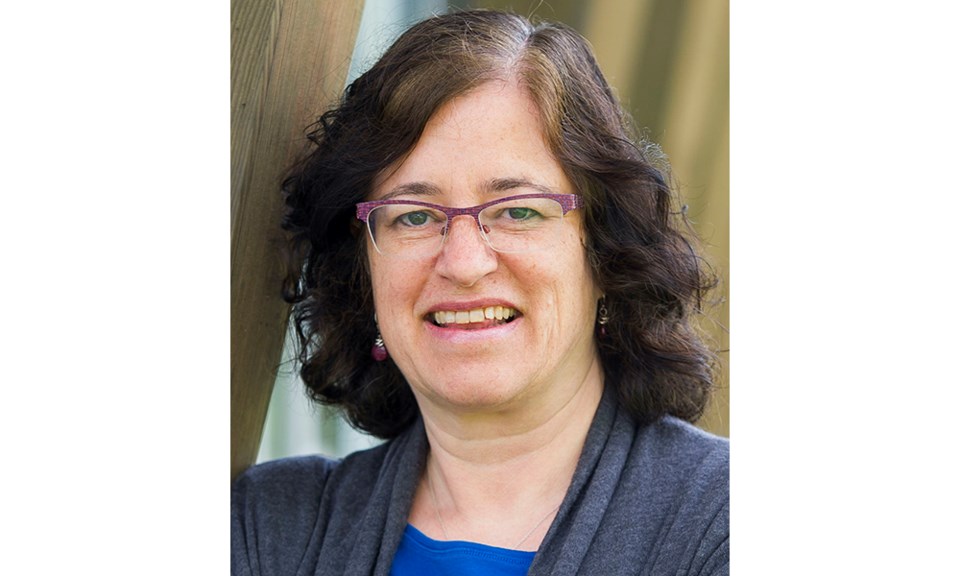We are in deep trouble and the time to act is now.
If anyone had any doubt that climate is changing, B.C.’s experience over the past six months must have erased it. First, there was the heat dome. Temperatures soared, more than 500 people died and the town of Lytton burned to the ground. It was only June, but the hottest temperature ever recorded in Canada – by nearly five degrees – hit the small Interior town before the fire started.
The heat dome dried everything out, ruining many crops and setting the scene for the third-worst fire season on record after 2017 and 2018. Not a drop of rain fell in July. If you live here, you know that’s unusual. Fighting the fires cost at least $565 million, the B.C. government reported, and a state of emergency ran from July 21 to September 14.
Often, in what used to be our fair province, September and early October are beautiful, filled with sunny days that gradually grow cooler. But not this year. The rains hit early in September and didn’t let up. It’s the rainiest fall on record and with it came a “bomb cyclone,” storm of intense rain and wind in late October and a couple of weeks later a tornado hit the University of British Columbia.
In-mid November we got hit with a string of atmospheric rivers that flooded a massive part of the Fraser Valley and wiped out every single highway connecting the Lower Mainland with the rest of Canada. The province got a very wet month’s worth of rain in two days.
Nearly 20,000 people were forced out of their homes, another state of emergency was declared and gas rationing was implemented. B.C. has never seen anything like this before, at least not in my lifetime. Many people were trapped in their cars by mudslides and four people died.
Nearly a month later, we are nowhere near back to normal and it could be many more months before the Coquihalla highway reopens. The “Coq” as it’s known here is a shortcut to the Okanagan that opened to great fanfare for Expo ’86.
The horrific weather situation is all playing out amid two health emergencies: the opioid crisis and the COVID-19 pandemic. So, if you’re a British Columbian feeling a little overwhelmed, you are not alone.
Earlier this year, the Intergovernmental Panel on Climate Change declared that climate change is unequivocally caused by humans and that widespread and rapid changes in our environment are already happening. World leaders met at COP26 in Glasgow last month, and, in an ironic twist, B.C. won an award for “most creative climate solution” for its use of the carbon tax to reduce industrial emissions.
COP26 ended in a compromise, as these conferences often do. United Nations Secretary-General António Guterres called it an important step, but said it isn’t enough and it’s time to go into “emergency mode.”
What does that look like? I’m not a scientist, but I know something has to change.
The IPCC says temperatures will continue to rise until mid-century no matter what, and only deep reductions in greenhouse gas emissions will prevent warming of more than two degrees Celsius.
Tzeporah Berman, who has been fighting for B.C.’s environment since the logging standoff in Clayoquot Sound in the early 1990s, gave a Ted Talk in Scotland, urging wealthy countries to lead the way, by signing a fossil fuel treaty to wind down the use of fossil fuels in a fair and equitable way.
“It’s not a transition if we’re still growing the problem,” she said in the talk. “The world is spending its intellectual, its financial and its technical capital to dig up stuff that we know we can’t burn and if we do, it will burn us.”
Indigenous people have a lot of wisdom to share about the Earth, so I want to give the last word to former Skeetchestn Indian Band Kukpi7 Ronald E. Ignace, as quoted in a report on wildfires by B.C.’s Secwepemcúl̓ecw Restoration and Stewardship Society.
“We have an important word x7ensq’t. And that word means that if you don’t respect the land, look after the land properly, the land will turn on you. And we see that today, that people are not honouring the land, and respecting the land. So we’re seeing great fires burning…the land is turning on us.”
Tracy Sherlock is a freelance journalist who writes about education and social issues. Read her blog or email her [email protected]



